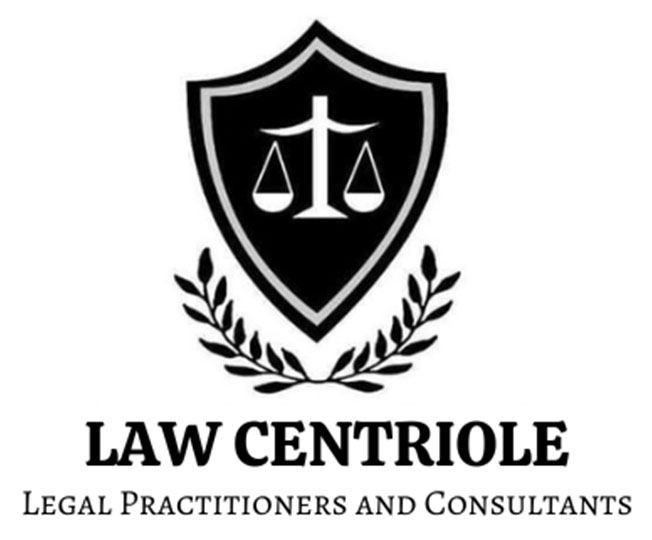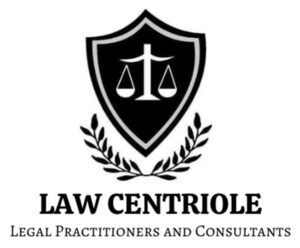In Nigeria, it has become common practice to involve the police in debt recovery efforts. Many individuals and businesses turn to the police to ensure debtors pay up, often resulting in detention and pressure tactics.
While this might seem like a better alternative to taking matters into your own hands, it’s crucial to understand whether it’s the right approach and what potential dangers it entails. In this blog post, we’ll explore the risks associated with using the police to recover a debt and offer alternative solutions.

Is it Right to Use the Police to Recover a Debt?
The legal perspective on this matter is clear. In a recent case, Imam & Anor V. Usman & Anor (2023) LPELR-60203(CA), the court emphasized that although it’s acceptable to file a complaint with the police, involving law enforcement to recover a debt is a different matter. Both the complainant and the police (or any security organization) are estopped from taking such action. In legal terms, “estopped” means barred, prohibited, disallowed, forbidden, and restrained.
In essence, the law does not support or condone the use of police or coercive state power to recover debts. It’s considered unconstitutional and goes against established legal principles.
The Possible Dangers of Using the Police to Recover a Debt
The potential dangers of this approach are significant. When using the police to recover a debt, there is a risk of infringing on the fundamental human rights of the debtor. In such cases, both the police and the individual who engaged their services may be held liable for these infringements.
According to the court’s ruling, individuals who employ the police to settle personal scores or recover debts could find themselves legally responsible for any wrongful actions committed by the police during the process.
So, How Should You Recover a Debt?
Given the legal constraints and potential pitfalls associated with using the police, it’s essential to explore alternative debt recovery methods. Here are some steps to consider:
- Consult a Legal Practitioner:
Seek advice from a qualified legal practitioner. They can provide guidance on the best course of action and legal remedies available.
- Institute an Action in Court:
If negotiation and amicable settlement attempts fail, consider taking legal action by filing a debt recovery case in court. This allows for a lawful and structured process.
- Gather Necessary Information:
Collect all relevant information about the debtor, including details about their assets, bank accounts, and properties. This information can be valuable during legal proceedings.
- Avoid Self-Help:
Resist the temptation to resort to self-help or unlawful methods to recover a debt. Such actions can lead to legal consequences and exacerbate the situation.
- Explore Alternative Dispute Resolution (ADR):
Consider mediation or other forms of alternative dispute resolution to resolve the debt issue without involving the police or the courts.
Conclusion
In conclusion, using the police to recover a debt is not a legally sound approach and can result in serious consequences for both parties involved. It’s essential to adhere to legal procedures, seek professional advice, and explore lawful debt recovery methods to protect your rights and avoid legal entanglements. Remember, the police’s role is clearly defined in the Police Act, and debt recovery is not among their authorized functions.
Don’t forget to share this post using any of the buttons below.
Follow the Law Centriole WhatsApp Channel to get early update about new posts.

